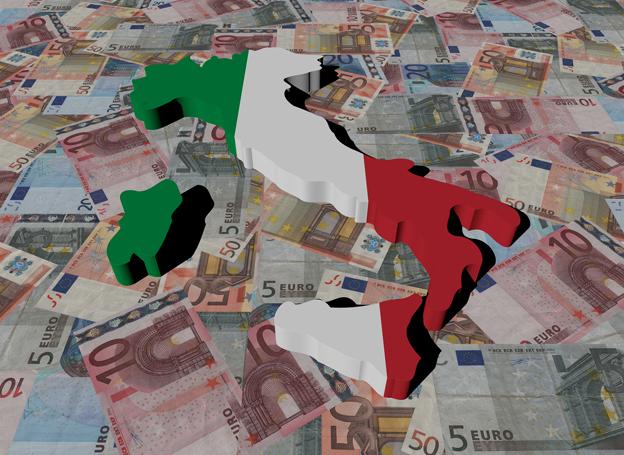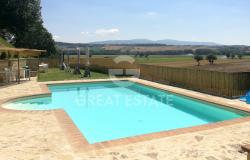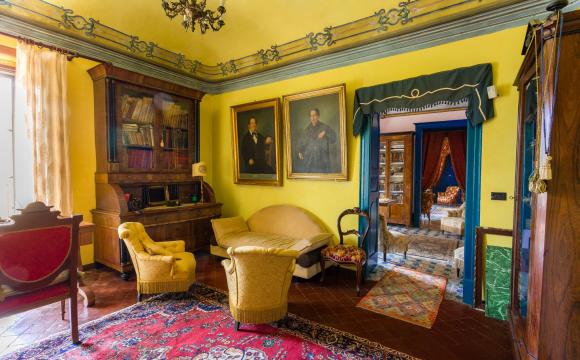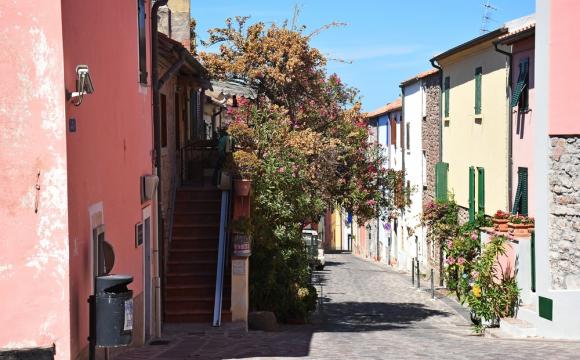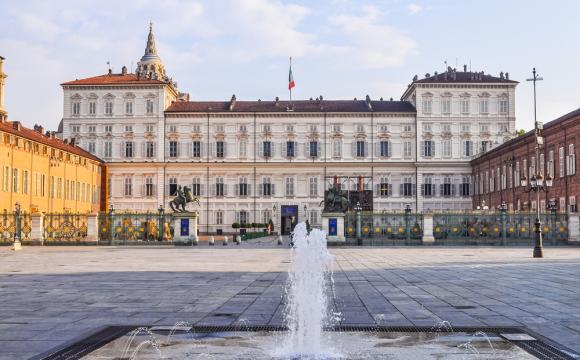Today we shall give you some language tips for dealing with money matters, whether on holiday or in the first stages of buying a property in Italy.
If you want to buy a property in Italy the law states that you must have an Italian bank account and opening one can be as simple as doing so in your native country and language.
Like all countries, Italy has many banks and rates and charges differ between each one, so it is best to shop around, this can be done easier online, as many banks have pages translated into English.
Once you have established where you wish to bank, it is a simple procedure of making an appointment and turning up at the allotted date and time.
Here are a handful of phrases that will prove useful when you talk with the bank staff. First let me point out that male staff are called un impiegato della banca, with female staff being un’impiegata della banca.
Vorrei aprire un conto corrente – I’d like to open an account.
Following this all you will need to do is give proof of your identity, usually your passport, confirm your address and give details of your codice fiscale - Italian tax code. You will need to obtain your codice fiscale before you can apply for a bank account, this is simple to do beforehand by contacting the Italian consulate via the internet where most offices have online forms for you to complete.
Once you have the account up and running, you will on occasion need to:
Versare soldi sul proprio conto – Deposit money into your account.
Prelevare soldi – Withdraw money.
And to cash a cheque you will need to ask, vorrei riscuotere un assegno, after the bank have agreed to endorse your cheque, girare, you can then tear it out of your chequebook, libretto degli assegni, and hand it over to the clerk.
Once you have your bank account and have obtained residency including your Italian identity card, you may decide to apply for a credit card, carta di credito. Mostly this is simply the act of completing a form and submitting it to the credit card company, but should you require a loan, you will need to speak with your bank.
Avrei bisogno di un prestito – I need a loan.
Com’è il tasso d’interesse? - What is the interest rate, a useful phrase to know in this situation.
If you are on holiday then your banking needs may be restricted to just changing money and possibly endorsing travellers cheques, similar to cashing a cheque. Most banks and uffici di cambio (exchange bureaus) will require proof of identity and the phrase you need to use is, può girare l’assegno per favore – Could you endorse this cheque please or simple say, vorrei riscuotere un assegno as we saw earlier.
Most Italian towns have an automated cash machine to make cash withdrawals easier (ATMs abroad may result in charges to your account); the Italian machines are called bancomat and most have a language selection in the main menu.
Finally a few words to remember:
Cambiare – to change
Cambiare dollari/sterline - to change dollars/sterling.
Posso cambiare questo in euro? – Can I change this into euro?
Quant’è la commissione – What is the commision?
Finally here’s a phrase we hope you don’t hear too often, mi dispiace, il suo conto è scoperto – I’m sorry, your account is overdrawn.
